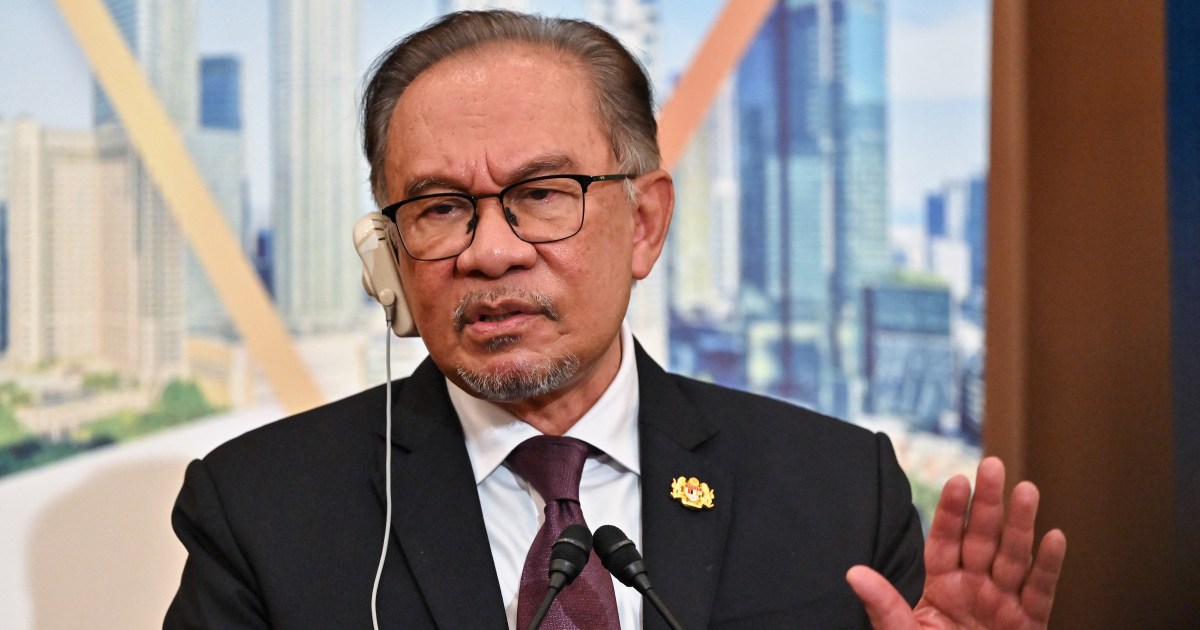The equation changed dramatically under President Trump, who largely abandoned U.S. efforts to remain somewhat neutral. By siding firmly with Israel, Trump brushed aside Palestinian concerns, moved the US embassy from Tel Aviv to disputed land in Jerusalem and recognized Israel's annexation of the Golan Heights.
His administration invited other Arab countries, especially in the Persian Gulf, to explore a new relationship with Israel.
In fact, several of those Gulf countries already had discreet, behind-the-scenes trade and security relations with Israel. But this would be the first public exhibition.
On September 15, 2020, in an elaborate ceremony at the White House, the United Arab Emirates and Bahrain signed an agreement called the Abraham Accords for “peace, diplomatic relations and full normalization” with Israel.
The United Arab Emirates insisted that Israel abandon any plan to fully annex the West Bank in exchange for its agreement.
But otherwise, few demands were made of Israel regarding the plight of the Palestinians. Critics say Trump squandered an opportunity to make progress in the conflict, essentially giving Israel the better relations he had long sought without making any significant concessions to the Palestinians.












